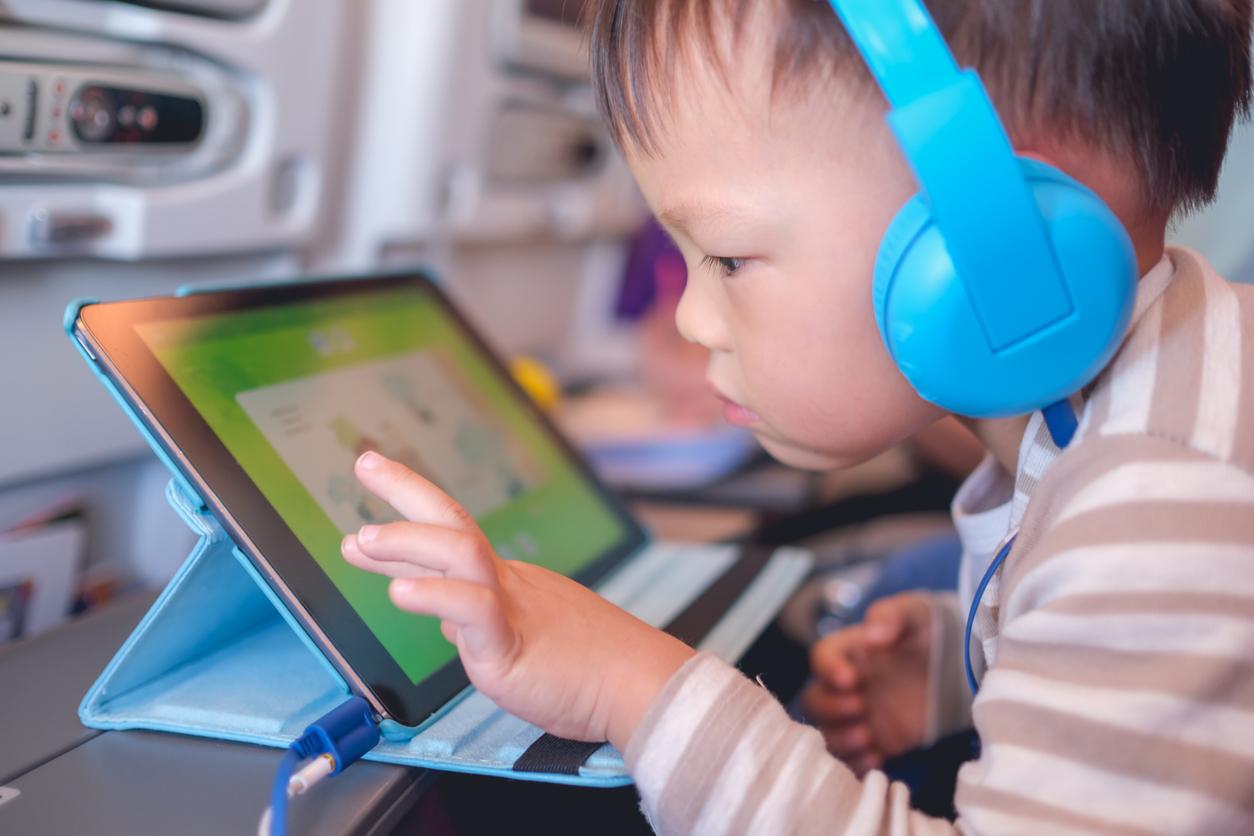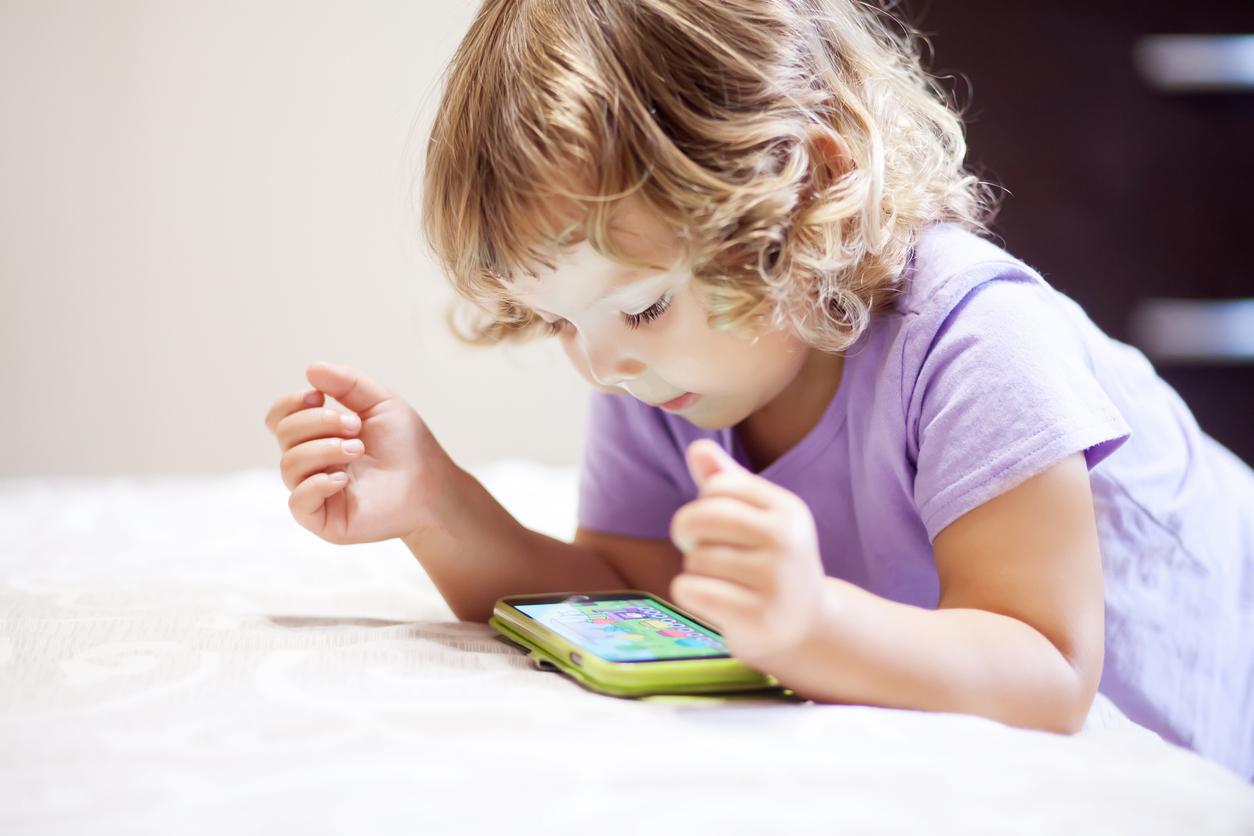Watching adults, including but not limited to parents, manage their anger helps toddlers regulate their emotions and avoid temper tantrums.

- Toddlers can learn to regulate their emotions by observing strangers, not just parents or other family members.
- The behavior of adults is scrutinized by children who will then reproduce it, to a certain extent, by mimicry.
When you’re a parent, it’s not always easy to keep calm. However, despite the fatigue, stress and anger that may arise, it is important not to lose your nerves. A new study, published on November 17 in the journal Child Developmentargues that children learn to manage their emotions in part by watching the adults around them manage theirs.
The models are the parents, but not only
The ability to regulate our emotions being a key skill in life. Understanding how this learning is formed is therefore essential in order to help the little ones to control themselves in order to avoid, in particular, tantrums.
This study reveals that the behavior of adults is scrutinized by children who will then reproduce it, to a certain extent, by mimicry. “Toddlers increased their use of distraction as a mechanism to calm themselves in stressful situations after seeing others calm down in the same way”, advances Johanna Schoppmann, lead author of the study. While children mainly imbibe their parents, they also have a watchful eye for other adults. “The results also showed that toddlers can learn to regulate their emotions by observing strangers, not just parents or other family members.”, adds the researcher.
Of importance to all adults
For this study, the researchers examined 94 two-year-old children, with as many girls as boys. After playing with their parents, the researchers made the children wait to receive treats. This expectation has been used to elicit feelings of annoyance and frustration. A group of children had to watch one of the researchers play to distract themselves while waiting for the sweets, when, in the other group, this one remained calm. The level of each little one was checked using an evaluation questionnaire filled out by the parents and a device placed on their ankle.
The results revealed that the children adapted their response to the behavior of the experimenter present with them during the expectation. “It was encouraging to learn that the children in this study mimicked a stranger’s emotion regulation behavior, suggesting that emotion regulation skills can be enhanced by observing individuals outside the family.reported Sabine Seehagen, professor of developmental psychology at the Ruhr-University of Bochum, and co-author of the study.
The researchers believe that these findings will help promote better child development strategies in child care settings such as nurseries, kindergartens or preschools. “These results point to the need for further research into the role of the broader social context for the development of emotional regulation beyond the parent-child relationship.”, adds Johanna Schoppmann.

















